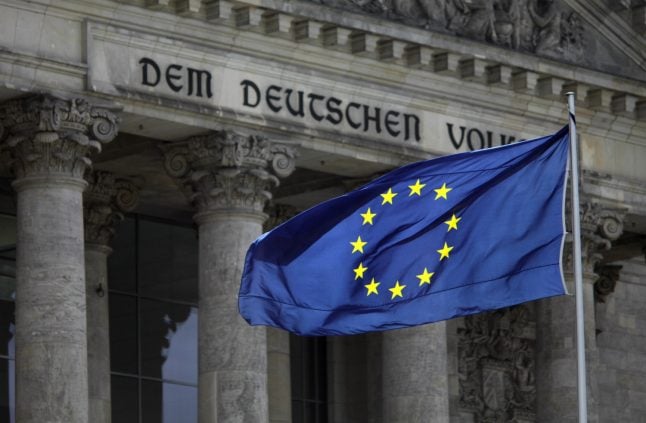"In 2012, dengue ranked as the fastest spreading vector-borne viral disease, with an epidemic potential in the world, registering a 30-fold
increase in disease incidence over the past 50 years," the Geneva-based UN agency said in a report released Wednesday.
The increased transmission rate of the deadly mosquito-borne disease was due to climate change and a greater movement of people, the agency said.
An annual two million cases of dengue fever were reported over the last two years by 100 countries, with between 5,000 to 6,000 of them resulting in death.
But the WHO's Raman Velayudhan said the disease was likely underreported and estimated there were as many as 50 million cases a year with more than 20,000 deaths.
Dengue is spread by one of four viruses transmitted by the Aedes aegypti mosquito. It causes high fever, headaches, itching and joint pains.
At an advanced stage it can lead to haemorrhaging and death.
But the agency also reported "unprecedented progress against 17 neglected tropical diseases", saying for example that rabies had been eliminated in several countries.
It added that guinea worm — a water-borne infection that causes agonizing pain and leaves sufferers unable to function for months — was on its way to total eradication.


 Please whitelist us to continue reading.
Please whitelist us to continue reading.
Member comments